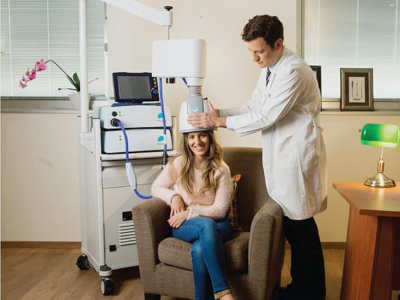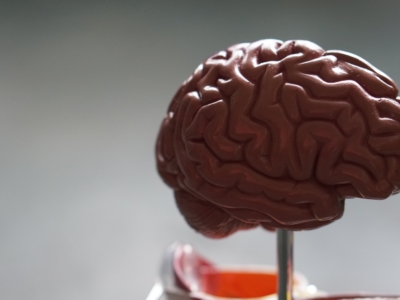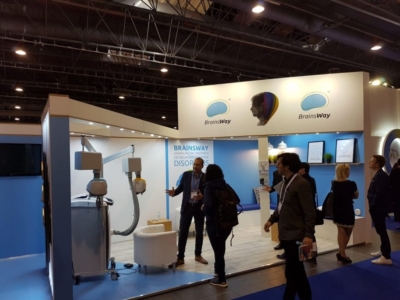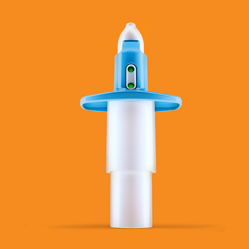Deep TMS or ‘dTMS’, a form of transcranial magnetic stimulation that addresses deeper lying brain pathways than its sister treatment rTMS, is continuing to impress practitioners and their patients heading into 2020. BrainsWay dTMS is a non-invasive treatment that safely and effectively targets regions of the brain to combat the effects of major depressive disorder […] Read more…










